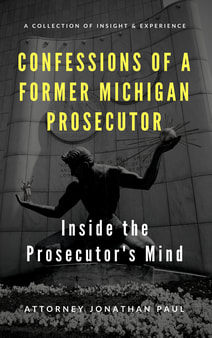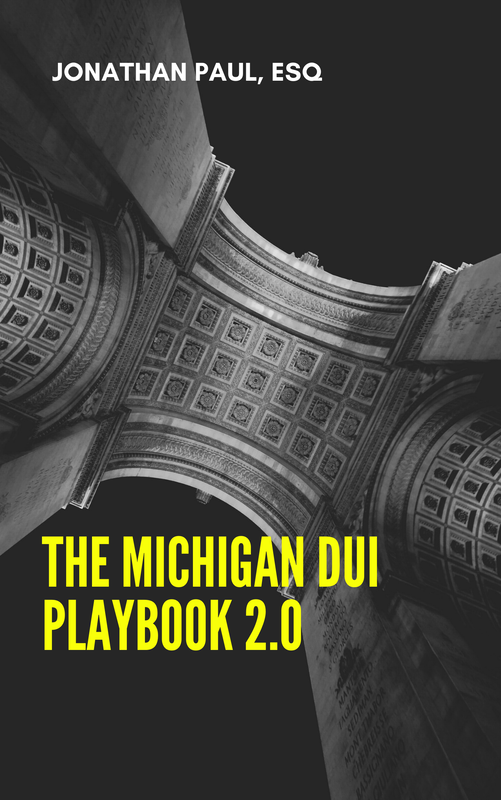|
Michigan case law used to be that a “person sleeping in a motionless car cannot be held to be presently operating a vehicle while sleeping.” People v Pomeroy, 419 Mich 441, 444, 355 NW2d 98 (1984). This meant that someone could NOT be convicted of drunk driving in Michigan, if they were sleeping in a car that was not moving and there was no other evidence that they were previously driving while drunk.
More recently, recent Michigan case law states otherwise. In People v Wood, 450 Mich 399, 404–406, 538 NW2d 351 (1995), the court redefined the operation of a vehicle in OWI cases in terms of the danger that it poses and stated that a person is operating a motor vehicle as a motor vehicle when he or she has put the vehicle in motion or in a position posing a significant risk of causing a collision or damage to property and that the operation continues until the vehicle is returned to a position where it poses no such risk. This ruling creates more of a subjective determination for each case. It could mean the difference between passed out in your car in a parking lot with the car in park vs sleeping in the middle of an intersection with your foot on the brake. In a circumstances where there is no present operation under the law, the prosecution can still prove you previously were driving and drunk even though you aren't currently doing either. A 2004 case involved a defendant who admitted that he drove to a fairground to sleep off the effects of having too much to drink, “struck the parking log while attempting to leave the fairgrounds, and turned off the engine and went to sleep after he was unable to dislodge his truck.” Similarly the court of appeals in Michigan reinstated a conviction in a case in which defendant’s vehicle was found off the road and straddling a ditch. Defendant was behind the wheel, awake but glassy-eyed. While the engine was not running, there were indications at the scene that defendant had attempted to dislodge his vehicle just moments before. In sum, the prosecution must present some proof that the person had operated the vehicle while intoxicated or impaired to sustain a conviction. When a person uses a vehicle as a shelter, he or she is not putting the vehicle in motion or in a position posing a significant risk to people or property as required under current Michigan law. The prosecutor has the burden of proof and, to obtain a conviction for operating while intoxicated or impaired, the state must show that, at the time of the motor vehicle’s operation, the person was intoxicated or impaired. This means that the prosecutor will have to present evidence showing the time the person last drove and the person’s intoxication status at that time. If it cannot be determined with certainty what time the person was driving and when he or she began to sleep, then the BAC and the evidence from field sobriety tests are irrelevant. Comments are closed.
|
Click to Email Me Categories
All
|
Ann Arbor Office LocationPlymouth Office Location |
Representing DUI Clients in MichiganRepresenting clients charged with a DUI in Ann Arbor, Canton, Brighton, Howell, Saline, Adrian, Taylor, Plymouth, Northville, Westland, Ypsilanti, Pittsfield Towsnhip, Warren, Sterling Heights, Farmington, Pontiac, Romulus, Lansing, Novi, South Lyon, Southfield, Birmingham, Bloomfield Hills, Royal Oak, Troy, Rochester, Jackson, East Lansing, Garden City, Livonia, Dearborn, Detroit, St Clair Shores, Hazel Park, Ferndale, Madison Heights, Waterford, Milford, Shelby Township Clarkston, Oak Park, Berkley, Fraser, Sterling Heights, Clinton Township and others throughout Washtenaw, Wayne, Monroe, Jackson, Genesee, Macomb, Ingham, Lenawee, Livingston and Oakland County.
|







